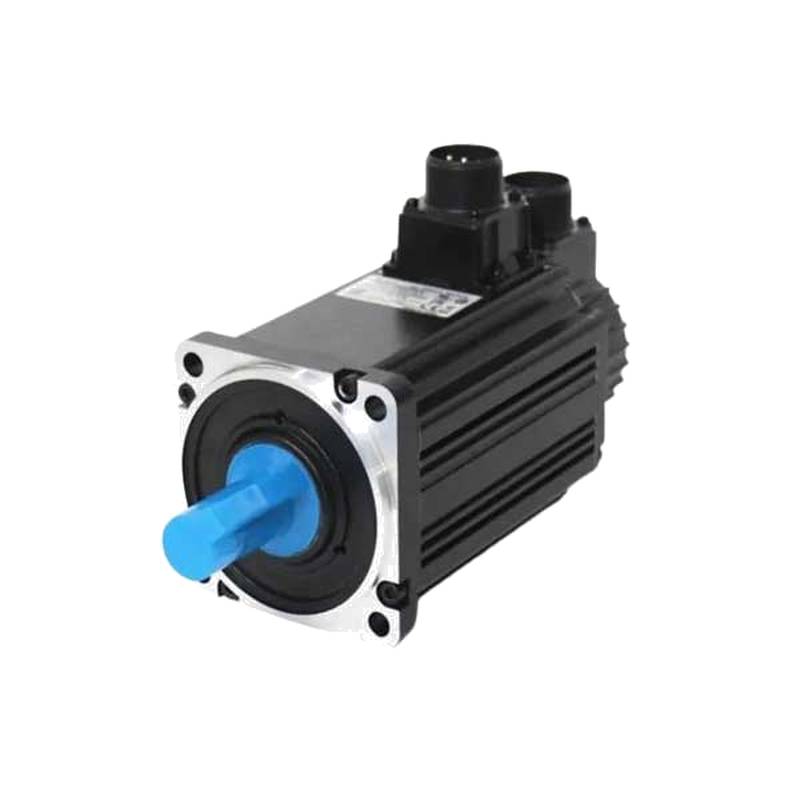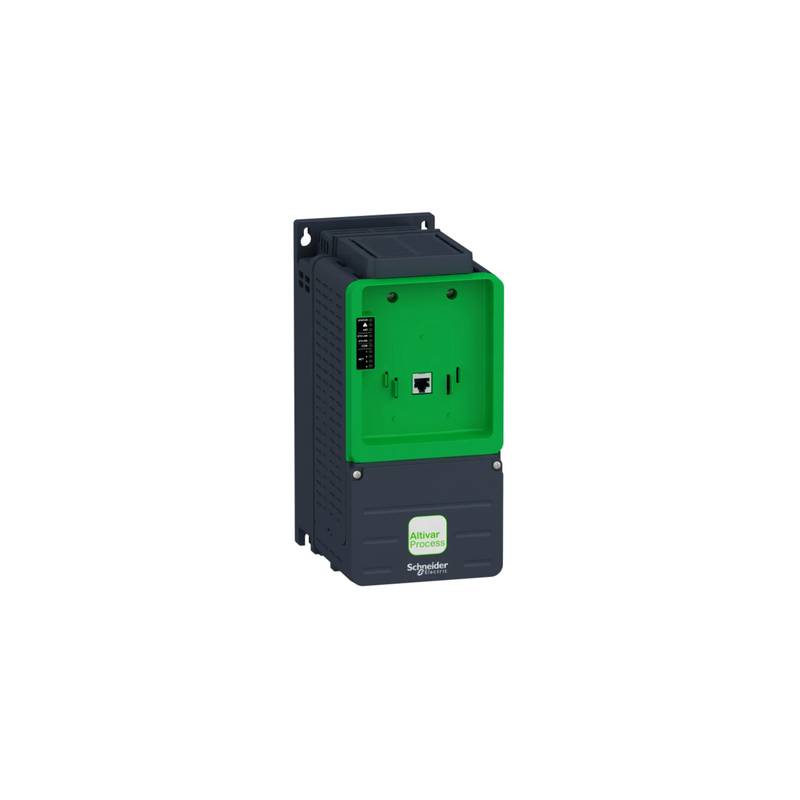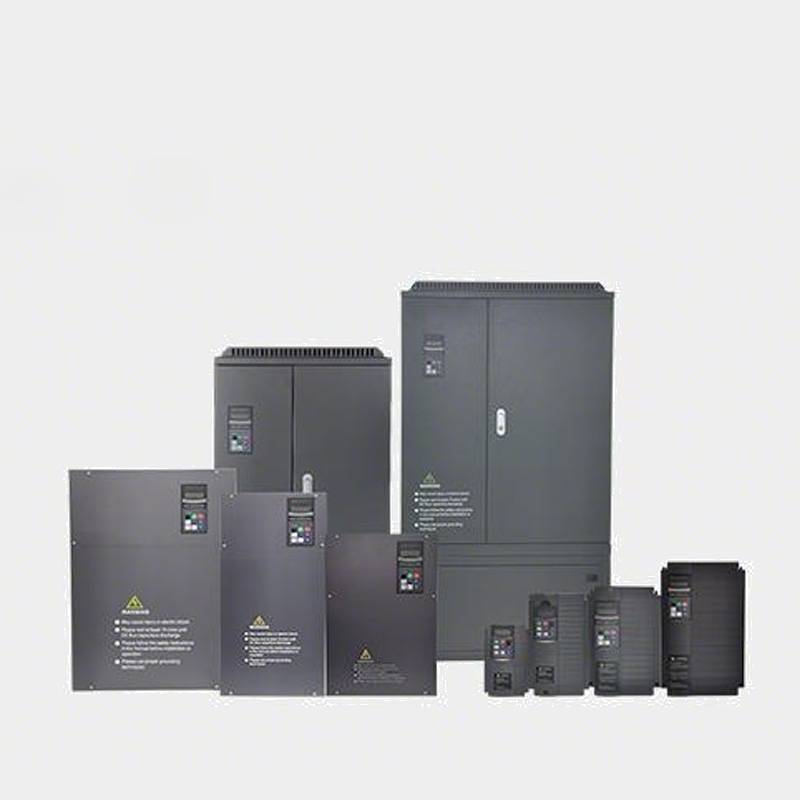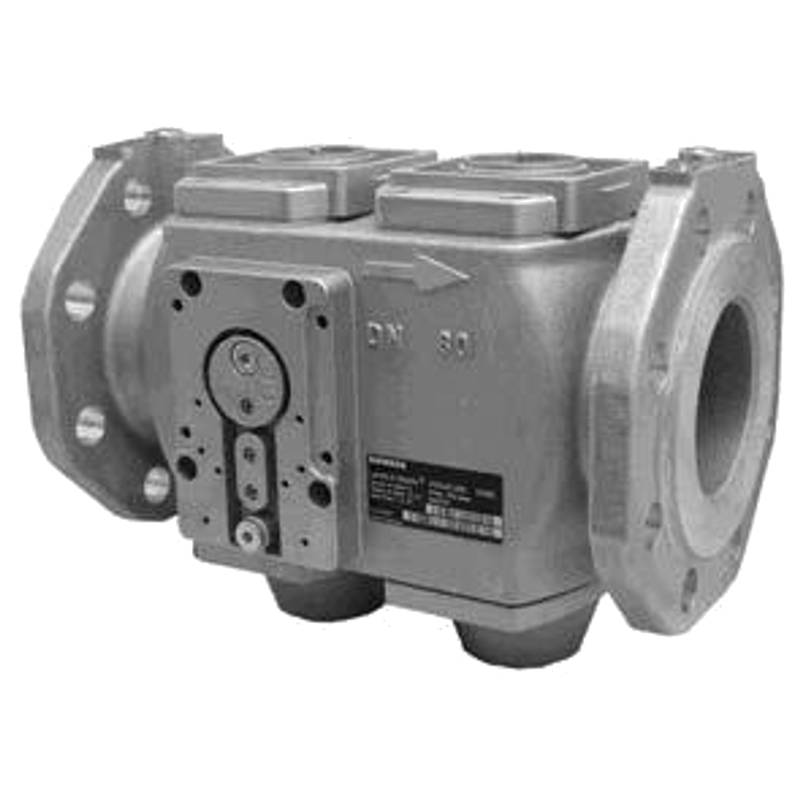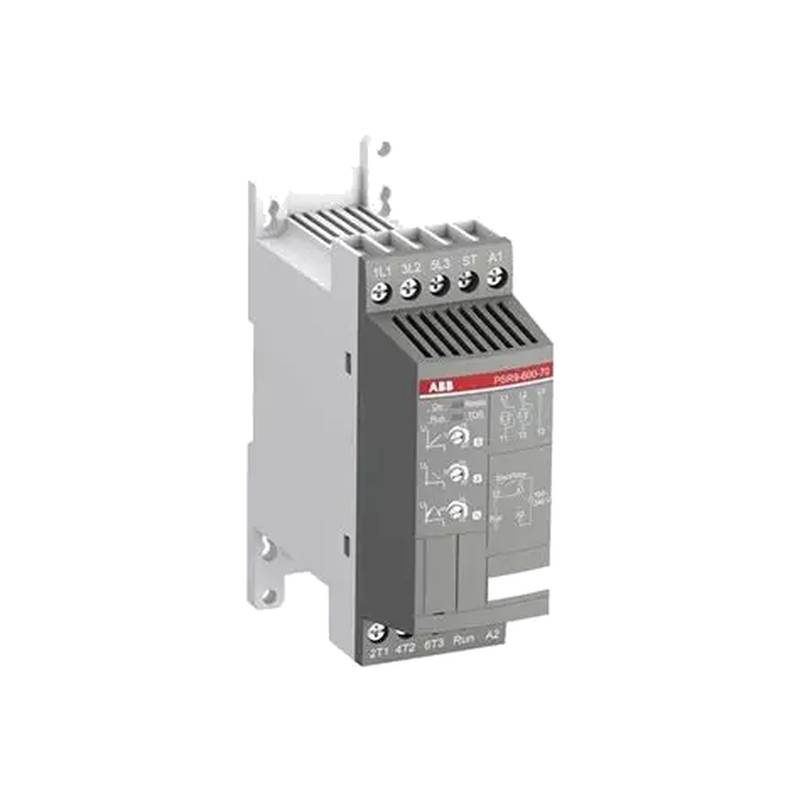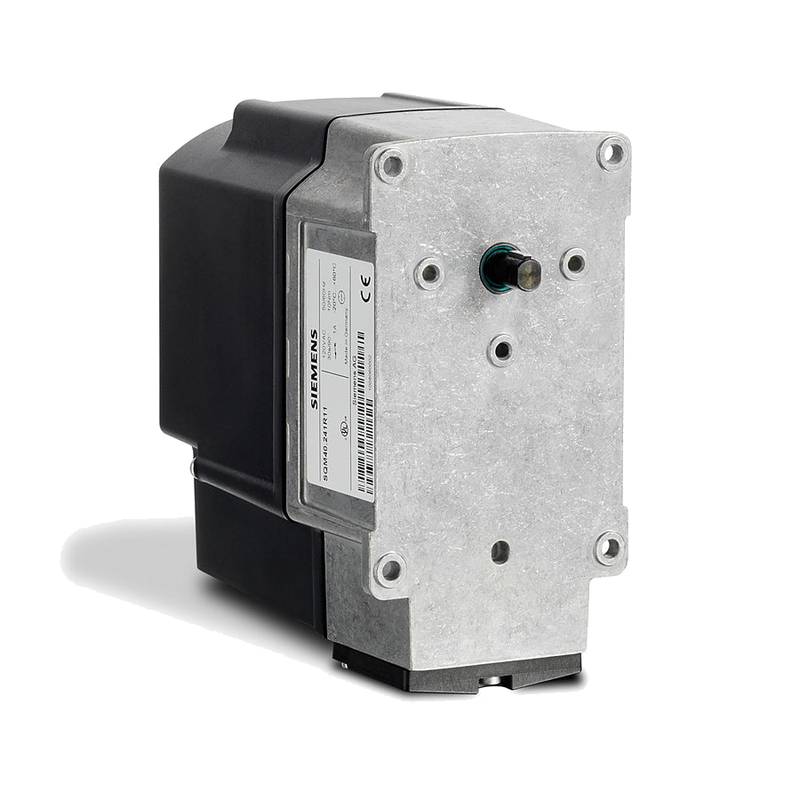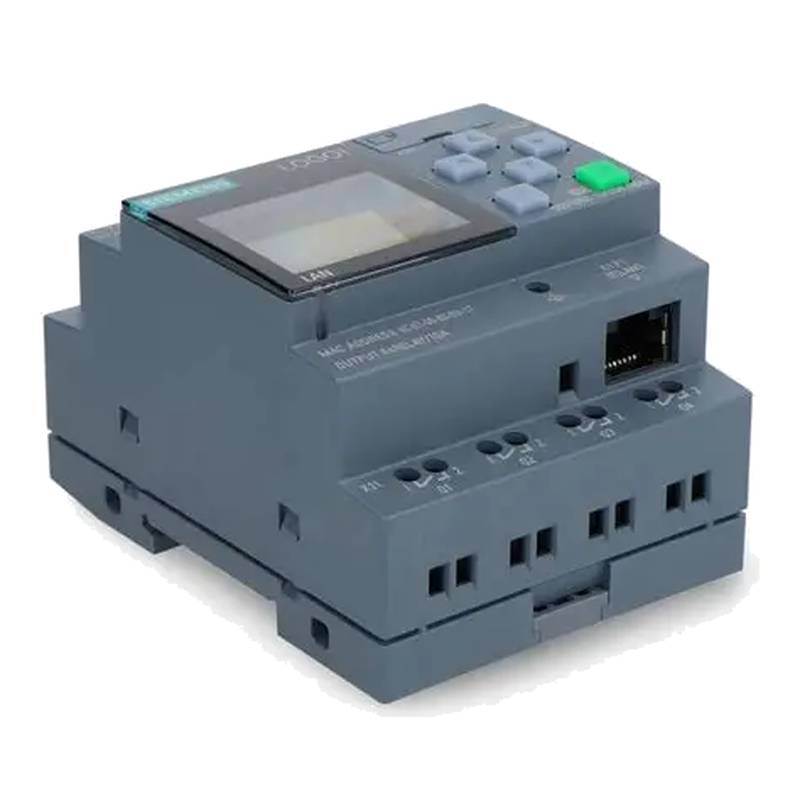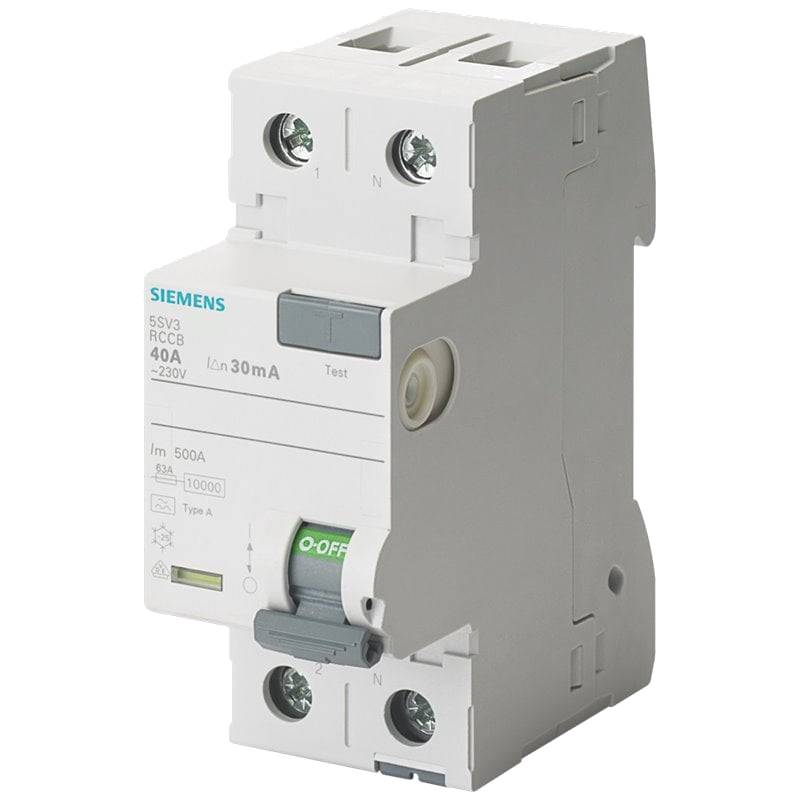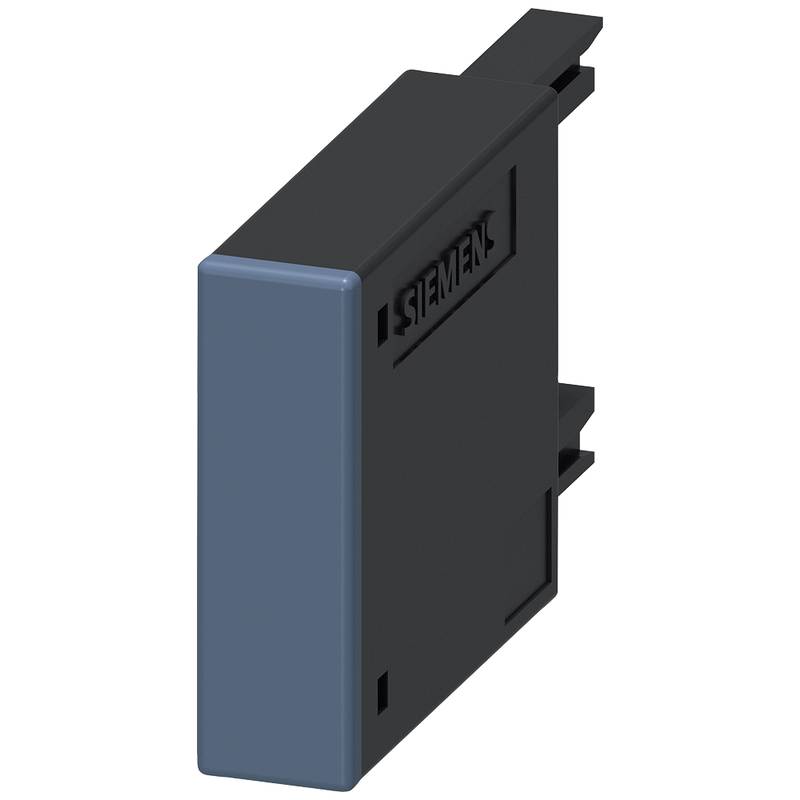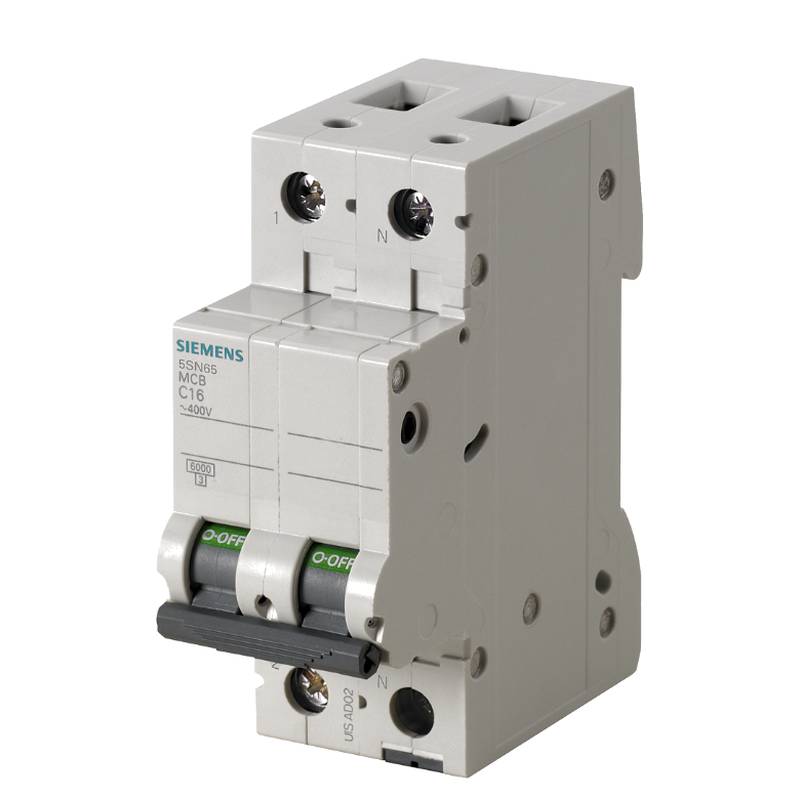
The Delta ECM-B3M-EA1320RS1 B3 Medium Inertia Servo Motor delivers precise motion control, ideal for demanding industrial automation tasks. This motor boasts a rated output power of 1.3 kW and operates with a nominal voltage of 200-230V AC, featuring a high resolution encoder for accurate feedback. Its medium inertia design strikes a balance between responsiveness and stability, making it suitable for a wide range of dynamic applications. The ECM-B3M-EA1320RS1 offers a peak torque of 7.96 Nm and a continuous torque of 4.18 Nm, ensuring robust performance under load. With a maximum speed of 3000 RPM, it efficiently drives complex machinery.
Product Specifications
| Parameter | Value |
| :-------------------- | :--------------------- |
| Model Number | ECM-B3M-EA1320RS1 |
| Series | B3 Medium Inertia |
| Rated Output Power | 1.3 kW |
| Nominal Voltage | 200-230V AC |
| Peak Torque | 7.96 Nm |
| Continuous Torque | 4.18 Nm |
| Maximum Speed | 3000 RPM |
| Encoder Resolution | High Resolution |
| Inertia | Medium |
| Frame Size | Not specified |
| Brake | Not specified |
| Shaft Option | Not specified |
Core Features & Market Positioning
The Delta ECM-B3M-EA1320RS1 distinguishes itself through its robust construction and advanced control capabilities, positioning it as a reliable choice for mid-range servo applications. Its high-resolution encoder ensures superior positional accuracy, critical for tasks requiring tight tolerances. Delta's commitment to energy efficiency is evident, contributing to lower operational costs. Compared to lower inertia motors, the ECM-B3M-EA1320RS1 provides enhanced stability for applications with higher load inertia, while still offering rapid acceleration and deceleration. This makes it a versatile component in Delta's comprehensive servo system offerings, often integrated with their ASD-B3 series servo drives for optimized performance.
Key Application Scenarios
This medium inertia servo motor is exceptionally well-suited for various automated manufacturing processes. It excels in applications demanding precise positioning and dynamic response, such as CNC machining, automated assembly lines, and robotic end-effectors. Packaging machinery, material handling systems, and textile production equipment also benefit from its reliable torque and speed characteristics. Industries requiring consistent and repeatable motion, including electronics manufacturing and food processing, will find the ECM-B3M-EA1320RS1 to be a dependable solution for driving axes, conveyors, and manipulators.
Practical System Integration Guidance
Integrating the Delta ECM-B3M-EA1320RS1 servo motor with compatible Delta ASD-B3 series servo drives is straightforward. Ensure the motor's power and encoder cables are securely connected to the corresponding terminals on the servo drive. Proper grounding is essential to prevent electrical noise and ensure safe operation. The servo drive's parameters must be configured to match the motor's specifications, including rated voltage, current, and encoder type, for optimal performance and protection. Refer to the specific servo drive's manual for detailed wiring diagrams and parameter setup instructions.
Operation and Risk Mitigation
Safe operation of the Delta ECM-B3M-EA1320RS1 requires adherence to electrical safety standards and proper machine guarding. Always ensure power is disconnected before performing any maintenance or wiring. Overloading the motor beyond its continuous or peak torque ratings can lead to overheating and premature failure. Monitor motor temperature and drive status indicators regularly. Familiarize yourself with the error codes displayed by the associated servo drive, as these provide crucial diagnostic information for troubleshooting common issues such as overcurrent, overvoltage, or encoder faults.
Scalability & Long-Term Value
The ECM-B3M-EA1320RS1 servo motor, when integrated within the Delta automation ecosystem, offers excellent scalability. Its compatibility with Delta's broader range of servo drives and controllers allows for system expansion as production needs evolve. This motor can be readily incorporated into networked automation architectures, supporting IIoT initiatives through communication protocols managed by the servo drive. Choosing a Delta servo motor ensures access to ongoing firmware updates and technical support, contributing to the long-term reliability and maintainability of your automated systems.
Frequently Asked Questions
What is the typical operating temperature range for the Delta ECM-B3M-EA1320RS1?
The operational temperature range is crucial for motor longevity and performance. Extended exposure to excessive heat can degrade insulation and impact torque output. It is vital to ensure adequate ventilation around the motor and drive.
Ambient operating temperatures typically range from 0°C to 40°C for optimal servo motor function. Consult the specific servo drive's manual for detailed environmental operating conditions. Proper cooling, often through forced ventilation or heat sinks, is recommended for demanding applications.
What encoder resolution does the ECM-B3M-EA1320RS1 use?
The motor utilizes a high-resolution encoder for precise feedback. This ensures accurate positioning and velocity control, essential for applications requiring high accuracy. The specific resolution determines the granularity of motion the system can detect and control.
High-resolution encoders enable finer adjustments and smoother movements. This is critical for tasks like precision machining, micro-assembly, and intricate robotic movements. The encoder data feeds directly into the servo drive for closed-loop control.
How does the medium inertia of the ECM-B3M-EA1320RS1 affect its application?
Medium inertia motors offer a balance between quick response and stability. They are suitable for applications where rapid acceleration is needed but not at the extreme levels of low inertia motors. This makes them versatile for many industrial tasks.
This inertia level is ideal for machines that handle varying load sizes or require consistent performance across different operating conditions. It prevents excessive overshoot or oscillation common with very high inertia loads. It provides a good compromise for general automation.
What are the primary benefits of using Delta servo drives with the ECM-B3M-EA1320RS1?
Using Delta servo drives ensures optimal performance and system compatibility. They are designed to work seamlessly with the motor, providing advanced control algorithms. This integration maximizes efficiency and reliability.
Delta drives offer features like auto-tuning, advanced diagnostics, and communication capabilities tailored for the ECM-B3M-EA1320RS1. This simplifies setup and troubleshooting. They also provide protection against electrical faults, safeguarding the motor.
How can I ensure proper wiring for the ECM-B3M-EA1320RS1 servo motor?
Proper wiring is paramount for safety and correct operation. Incorrect connections can lead to motor damage or system malfunction. Always refer to the official wiring diagrams provided by Delta.
Ensure all power, ground, and encoder connections are secure and correctly matched to the servo drive terminals. Use shielded cables to minimize electromagnetic interference. Double-check all connections before powering up the system.
What kind of maintenance is required for this servo motor?
Routine maintenance is minimal but essential for long-term reliability. Focus on keeping the motor clean and ensuring its ventilation is unobstructed. Regular checks of connections are also advised.
Inspect motor bearings periodically for any signs of wear or unusual noise. Listen for any abnormal sounds during operation. In dusty or humid environments, more frequent cleaning might be necessary.
What are common troubleshooting steps if the ECM-B3M-EA1320RS1 is not functioning correctly?
First, check the servo drive for any error codes or status indicators. These will provide initial diagnostic information about the problem. Verify all power and control signal connections are secure.
Confirm that the servo drive parameters are correctly configured to match the motor's specifications. If issues persist, try performing an auto-tuning sequence if your drive supports it. Consult the drive's manual for specific fault code resolutions.
Can the ECM-B3M-EA1320RS1 be used in high-vibration environments?
While robust, extreme vibration can affect motor performance and longevity. Ensure proper mounting to minimize vibration transmission. Consider vibration damping solutions if necessary.
For severe vibration, additional mechanical considerations like specialized mounts may be required. High vibration can accelerate wear on bearings and internal components. It's best to assess the specific application's vibration levels.
What is the typical lifespan of the Delta ECM-B3M-EA1320RS1 servo motor?
The lifespan depends heavily on operating conditions and maintenance. Under ideal conditions, these motors are designed for extended operational life, often tens of thousands of hours. Proper application within its rated limits is key.
Factors like duty cycle, ambient temperature, and load consistency significantly influence longevity. Regular preventative maintenance, as outlined in the documentation, will help maximize the motor's service life.
What are the electrical protection features integrated with this motor?
Electrical protection is primarily handled by the associated Delta servo drive. The drive monitors for overcurrent, overvoltage, undervoltage, and overheating conditions. These protections prevent damage to the motor.
The servo drive also offers encoder error detection and stall detection features. These help identify and mitigate operational anomalies that could lead to motor or system failure. Always ensure the drive's protection parameters are appropriately set.














